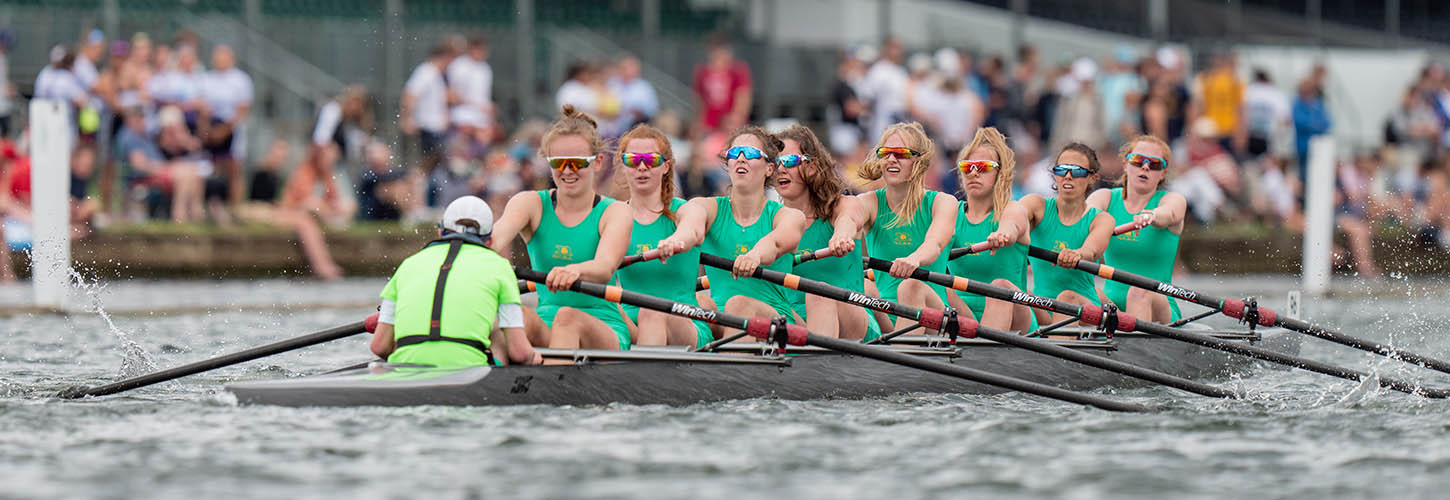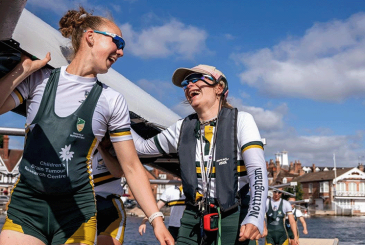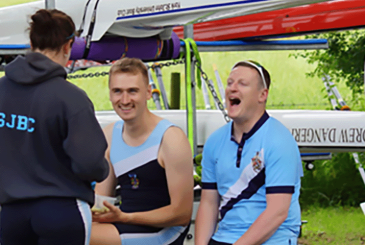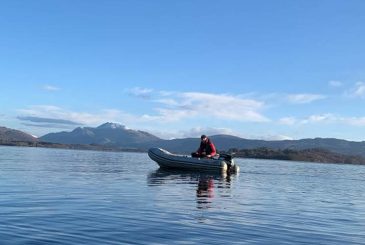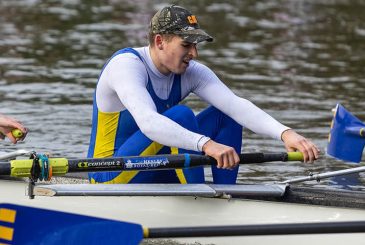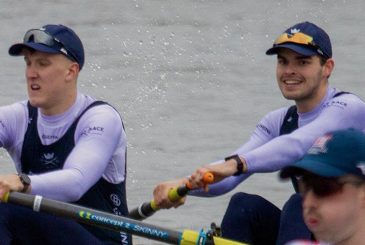So, you’ve enjoyed three plus years of rowing at your university boat club and now stand on the brink of graduation and the real world. You want to keep on rowing, but amongst the many choices you now face in your life are what sort of rowing and where? Rosie Oates of Junior Rowing News investigates.
Location, location, location
Rowing requires commitment. Obvious, right? In a university-led environment, where so much of your day-to-day is dictated by the rigor and scheduling of a degree sandwiched in alongside tentative first steps into adulthood, rowing can slot in comfortably as part of that congestion. Rowing beyond university – where the options and paths multiply but the commitment required to succeed is perhaps even greater – requires more thought and certainly more mental agility.
A lot of club rowing happens at various points on the Thames, which correlates with the number of graduates who head to the capital after graduating. But there are plenty of options elsewhere if you’re not planning to move to London. Pat Wright, who is now Men’s Captain at Agecroft RC in Manchester, was really enjoying the sport and did not want to give it up after leaving the University of Birmingham “I’ve been fairly lucky that the two clubs I’ve been a member of since university (City of Bristol and Agecroft) have been amongst the top performing provincial clubs in the country,” he explained. “As a young person in a new city it’s a really easy way to immediately have a large group of active friends to help you settle in.”
But nearest may not be best
Wherever you get your graduate job will obviously have a significant impact on where you end up doing your rowing. But the nearest club to where you live may not be the one that best meets your needs, so look a little wider too. If you’re going to get in a car to travel to your club anyway, you’ll often find other options only a short drive further away. If you’re in a big towns or city, you may even have a choice of clubs there. Bedford, Southampton, Bristol, Nottingham, Newcastle, Oxford, and Cambridge all have great waterways and more than one community club. Explore all your options, contact the local clubs and draw up a shortlist.
Ask the important questions
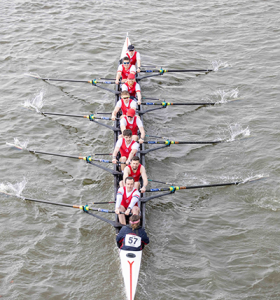
Make sure you ask yourself why you want to keep rowing too. Some leave university as seasoned athletes keen to step up to domestic or international glory; others have enjoyed a few formative years on the water and want to keep on rowing for fun and racing at local regattas. “Most clubs will cater to a fairly wide range of abilities and levels of commitment,” said Pat. “I wanted to stay competitive and compete at a national level, so Agecroft was a logical choice. Even then, most clubs are volunteer run and in my experience, coaches won’t chase you to train so you have to be self-motivated.”
If your aspirations are more modest, because of work demands or any other reason, look for a club where the squad you want to be in isn’t a ‘poor relation’ of a performance group.
Amy Hicken, who now rows at Nottinghamshire County Rowing Association (NCRA) after graduating from Nottingham Trent University, pointed to the community in place as a key factor in her decision. “Being a part of a positive environment, such as the one at NCRA, has built my confidence and inspired me to continue training towards the big goals that I’ve set for myself,” she said. “I also wanted to find a program that was compatible to the type of training I wanted to do. I’m focusing on my single scull, and NCRA provides a lot of coaching time for this.”
Performance and purpose
For some, the choice of where to go after university is centered around which club will provide the ideal pathway towards national team selection. Juliette Perry, who rowed for Oxford University before joining Leander Club, choose to join the ‘Pink Palace’ after extensive discussions with her university coaches. “We sat down and went through lots of options for clubs and then I applied to Leander after meeting with Ross Hunter,” she said. “I love racing at Leander and was fortunate enough to win the Wargrave Challenge Cup at Henley Royal Regatta in 2021.”
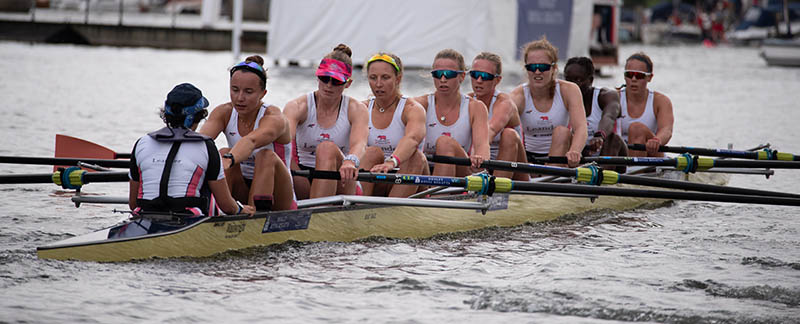
After finishing second at the Great Britain final Trials in April 2023, Juliette’s choice certainly seems to have paid off. “I only learned to row at my college boat club at Oxford (Somerville) and the people I met were incredible and inspiring and gave me a real love for the sport,” she added. When selecting a boat club, she strongly recommends doing as much due diligence as possible. “It’s always worth talking to the coaches and talking to people already rowing at the club to understand the vibe and if it’s what you want. Different people want different things out of rowing so it’s about finding a good fit for you.”
Staying in the sport
However much you love rowing, you may be anxious about joining a new club when you’re also getting to grips with your first job. If that sounds familiar, there’s always the option of having a year or so away from rowing while you settle into your new life and then coming back to it. You can stay in touch with the sport in the meantime by volunteering at local or national competitions.
Another option for those in transition is rowing for an alumni club. Although not a way to make new friends and become a part of the community where you now live, these can be a useful bridge between uni rowing and full community club involvement. You can either choose a competition where your old uni is racing and ask if you can use a boat, or rent a boat from a local club.
And if you find that rowing at the first community club you choose isn’t working out for you, do explore other clubs in the area before giving up on rowing completely!
“University usually provides you with good building blocks to transfer to club rowing,” said Pat. “You’ve had a chance to spend a few years having fun, learning, making mistakes, training hard (or not) so the only tricky thing changing to club rowing is improving your time management.”
Photos: AllMarkOne and Roesie Percy.


